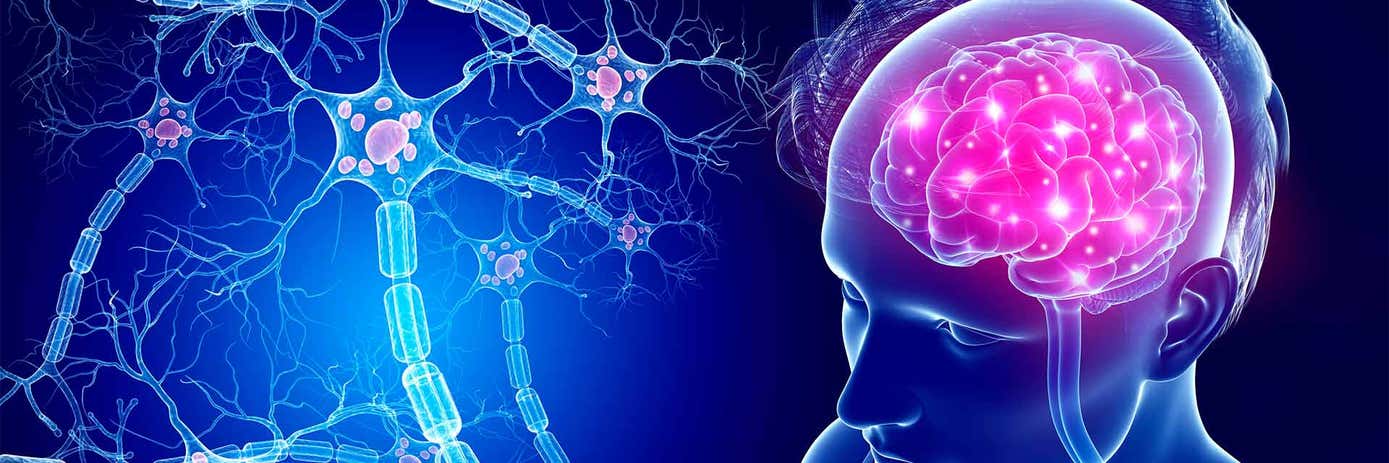The recent announcement of positive Phase I/II results for AMT-130 gene therapy represents a pivotal moment in Huntington’s disease research. With a statistically significant 75% slowing of disease progression over 36 months, the study provides compelling evidence that targeted genetic modulation in the brain may meaningfully alter the trajectory of the disease.1
Huntington’s disease arises from an expanded CAG trinucleotide repeat in exon 1 of the HTT gene, which encodes the multifunctional huntingtin protein. This mutation leads to the accumulation of a toxic form of the protein that causes progressive loss of motor control and cognitive decline in young adults, resulting in total physical and mental deterioration.
AMT-130, developed by uniQure, is an investigational, one-time gene therapy that uses an AAV5 vector to deliver a microRNA construct designed to lower expression of the HTT gene. The therapy is administered through MRI-guided neurosurgical infusion directly into deep brain regions. Once delivered, the vector enables long-term production of the therapeutic microRNA. By decreasing both normal and mutant huntingtin production, AMT-130 aims to slow the neurodegenerative process underlying Huntington’s disease after a single administration.
Study design and key findings
The study involved 29 patients treated with AMT-130, assigned to either a high (n=17) or low (n=12) dose group. After 36 months of follow-up, outcomes for each dose group were evaluated against a propensity score-matched control cohort derived from the Enroll-HD natural history dataset.
Results from the trial were released in a statement from uniQure, with key efficacy outcomes including:
- A statistically significant 75% slowing of disease progression, as measured by the composite Unified Huntington’s Disease Rating Scale (cUHDRS)
- A 60% slowing in Total Functional Capacity (TFC) decline, a key measure of independence and ability to perform daily activities
- Favorable trends in cognitive and motor function (Symbol Digit Modalities Test [SDMT], Stroop Word Reading Test [SWRT], and Total Motor Score [TMS])
- A mean reduction of 8.2% in cerebrospinal neurofilament light protein (CSF NfL), a critical biomarker of neurodegeneration
The consistently favorable results in functional, motor, and cognitive endpoints observed in the high dose group, compared to the variable trends observed in the low dose group, also suggested a dose-dependent therapeutic effect.
Professor Sarah Tabrizi, Director of the University College London Huntington’s Disease Center and joint Head of the Department of Neurodegenerative Disease, described the results as “the most convincing in the field to date,” emphasizing their potential to meaningfully slow disease progression and offer long-awaited hope to individuals and families impacted by Huntington’s disease.
uniQure plans to submit a Biologics License Application (BLA) in the first quarter of 2026.
Reagents to accelerate the next generation of neurotherapeutic discovery
This breakthrough underscores the importance of reliable, high-quality research tools in neurodegenerative disease studies. As the field advances with discoveries like AMT-130, researchers will require advanced reagents and assays to further investigate Huntington’s disease mechanisms and develop next-generation therapeutics.
Revvity offers a comprehensive portfolio of neuroscience reagents and assays specifically designed to support these critical research efforts, including:
- Huntingtin protein detection reagents: Immunoassays for detecting both wild-type and mutant huntingtin protein
- Huntingtin protein aggregation detection tools: Immunoassays for measuring HTT aggregates in neuronal cultures or tissue samples
- Neurodegeneration biomarker assays: Validated kits for measuring NfL and other critical biomarkers in CSF and blood samples
To learn more about how Revvity can support your research journey, visit our dedicated Neuroscience Research Reagents webpage.
Reference:
- https://www.uniqure.com/investors-media/press-releases


































